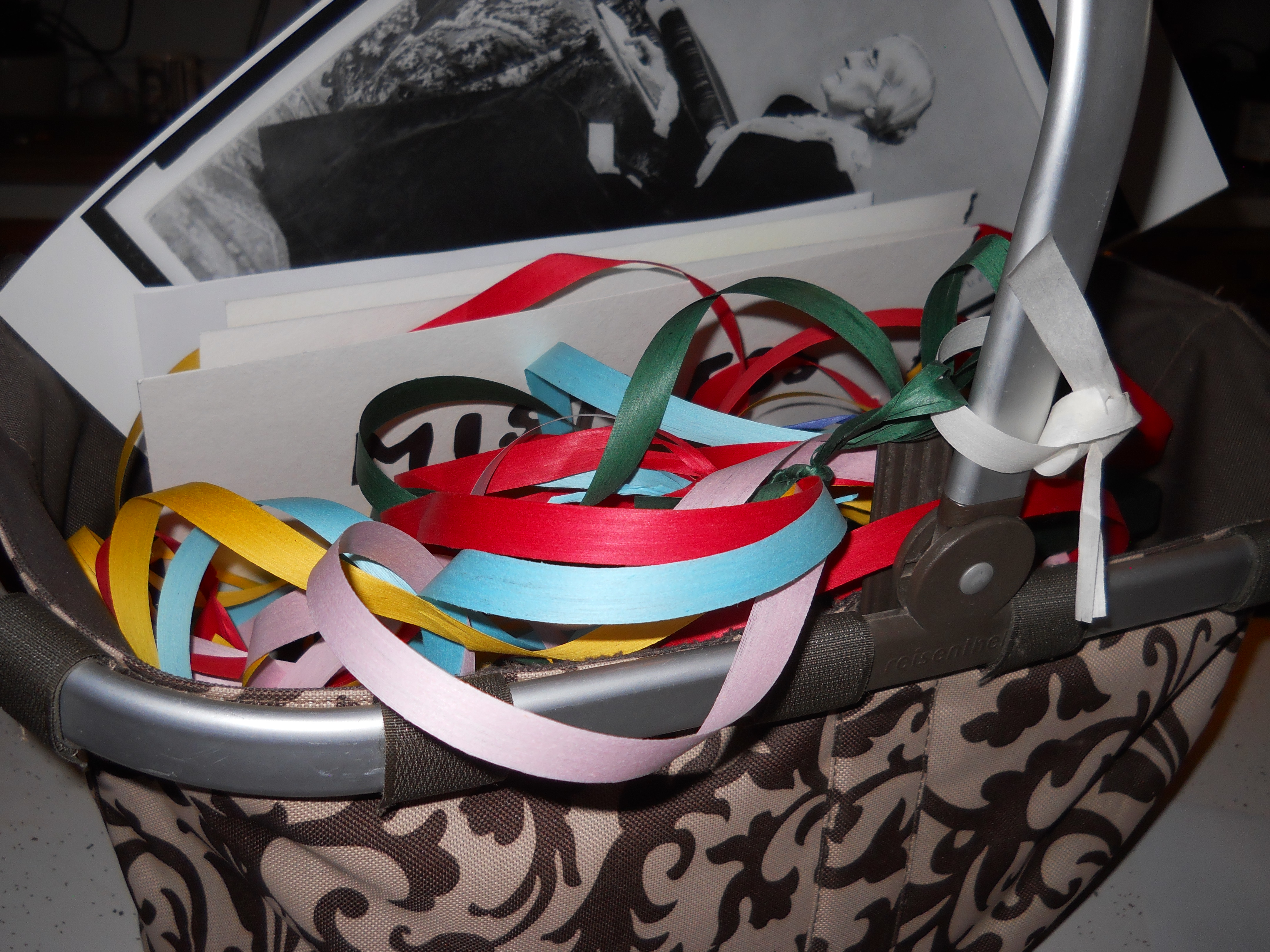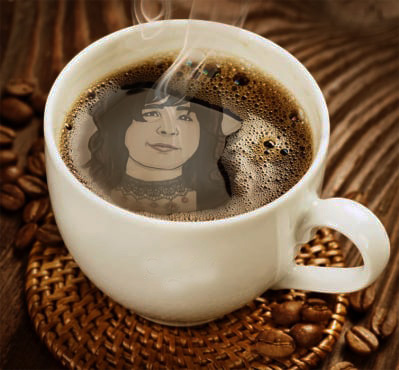Question #1: What suffrage stories did you hear when you were young?
My mother told me that my grandmother Edna and her generation did important work so that women could vote. I was a shy kid and couldn’t wait until the lesson on the suffrage or Votes for Women movement was taught in school. I pictured myself in the limelight so I could speak up about my grandmother’s special contribution to history.
But the moment never arrived. Only once in junior high did a teacher ever raise the subject. That was in 8th grade when my social studies teacher announced in class: “And then in 1920 women were given the vote.” I knew that wasn’t true. I’d heard the stories in my own family which made it clear no one gave women the vote. They earned it, and it took 72 hard years campaigning from 1848 to 1920. If you count from the Declaration of Independence, then this accomplishment took 144 years.
My grandfather Wilmer witnessed the suffrage movement, and he marched in the men’s divisions of suffrage parades in New York City and Washington, DC. He told me suffrage stories. Every summer Grandfather Wilmer dragged Edna’s suffrage campaign wagon (the “Spirit of 1776”) out of his garage and my mother took photos of us children sitting in it. This became my suffrage education. I received the torch as a child from my grandmother’s generation and have been filling in the details of the Big Picture ever since.
Question #2: How did these stories make you who you are today?
Good question. Perhaps it would have been different if Grandmother Edna had been alive when I was young. But in real life, she died in 1934, long before I was born. My Aunt Serena had all of Edna’s photos and writings and memorabilia locked away in a closet up on the second floor of her house.
So my relationship to Edna Buckman Kearns became something I had to invent in my imagination over the years. Not until 1982 did I finally get my hands on what Edna left behind, and this opened a door to a close working relationship with my mother Wilma as we sorted through Edna’s archives.
The answer to the question about the impact of Edna’s activism wasn’t conscious. It was instinctive. In my college years I was arrested during the civil rights movement in the South, and I didn’t see a connection between my grandmother’s activism and my own, at least back then. What Edna left behind remained locked away behind a closet door.
By 1982 I felt a deep longing to understand my essential nature. I concluded, rightly, that I must learn about my family history, and all of it. This instinct surfaced one day when I announced to my mother that I no longer wanted gifts other than the gift of understanding my relationship to my extended family. I pushed Wilma to start passing the torch by way of sharing our rich family history.
She agreed. Then the months passed. Nothing happened. I finally lowered the boom. “Give me the goods, or else.” I was pushy, I admit. But the real truth emerged as to my mother’s inaction. Wilma revealed how she hadn’t finished processing the grief about her mother’s death and the thought of sorting through her possessions and photographs felt overwhelming.
I told my mother that the greatest respect and love for Edna would be expressed by being with her again, after so many years. That’s when the storytelling began. We labeled photos, did a genealogical research project, interviewed relatives, collected photos, visited libraries, historic sites, and much more. Developing an understanding and appreciation of the legacy family members left to me has been a lifelong process –something constantly coming into my awareness every day.
I’m more aware and awake and sensitive and bold at the same time, all as a result of being descended from a Votes for Women activist. The importance lies not in just me and my grandmother’s generation All of us humans are, in one way or another, living our lives fully and then passing the torch to the next generation. Our ancestors blazed trails. We must continue in their footsteps.
COMING SOON: More questions and answers.


One Responses
My formal education did not include ANY information about Women’s Suffrage. I have only recently discovered a video documentary on Netflix about Susan B Anthony and Elisabethy Cady Stanton. I sure could have used this info back in the 70’s when I experienced the rebellion of my own soul against the repression our society put on women. We have come a long way baby. It would be helpful if our education system included more truth. It is difficult to help today’s young women understand how things REALY used to be. They take so much for granted…but is that a good sign or a bad one?